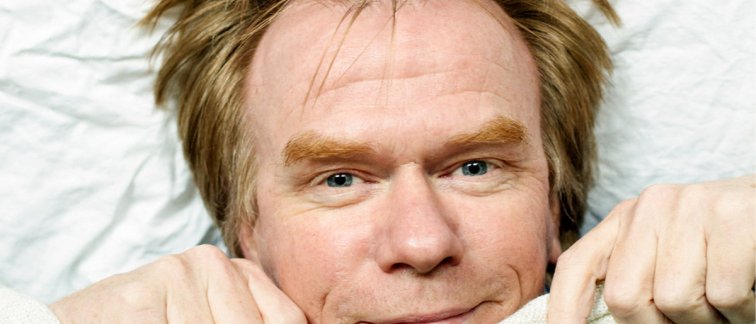Leading his own research group specialized in sleep at the Dutch Brain institute, van Someren has discovered that poor sleepers, who are twice as likely to develop depression as people who sleep well, face serious mental health risks as well as physical health problems such as diabetes, obesity, and heart disease.
Correlation between insomnia and mental health
After years of sleep research, he has found that insomnia is not just bad for physical health, but it can also have a negative impact on emotional functioning. Last year, the endowed professor of Integrative Neurophysiology at Vrije Universiteit Amsterdam was granted an ERC grant of 2.5 million euros to combine insomnia and anxiety research.

Downward spiral
It has become increasingly clear in recent years that poor sleep is a major risk factor for all kinds of emotional dysregulation. During a healthy, consolidated REM sleep your brain can peel off the emotional charge of a fraught memory, so to speak. The next day you still know you experienced something emotional, but the strong emotion associated with the event is toned down. That doesn’t happen with people who have restless REM sleep; they actually feel stronger emotions the next day. Van Someren: “This new given provides an exciting entry point to try something pharmacologically. We are investigating if we can make a pill that calms REM sleep.”
Developing an advanced sleeping pill
Van Someren is going to work with an international group of researchers to develop a new type of sleeping pill. “We're going to look at different ways to address that restless REM sleep in poor sleepers, so they can get out of the downward spiral of bad sleep and even worse days."

